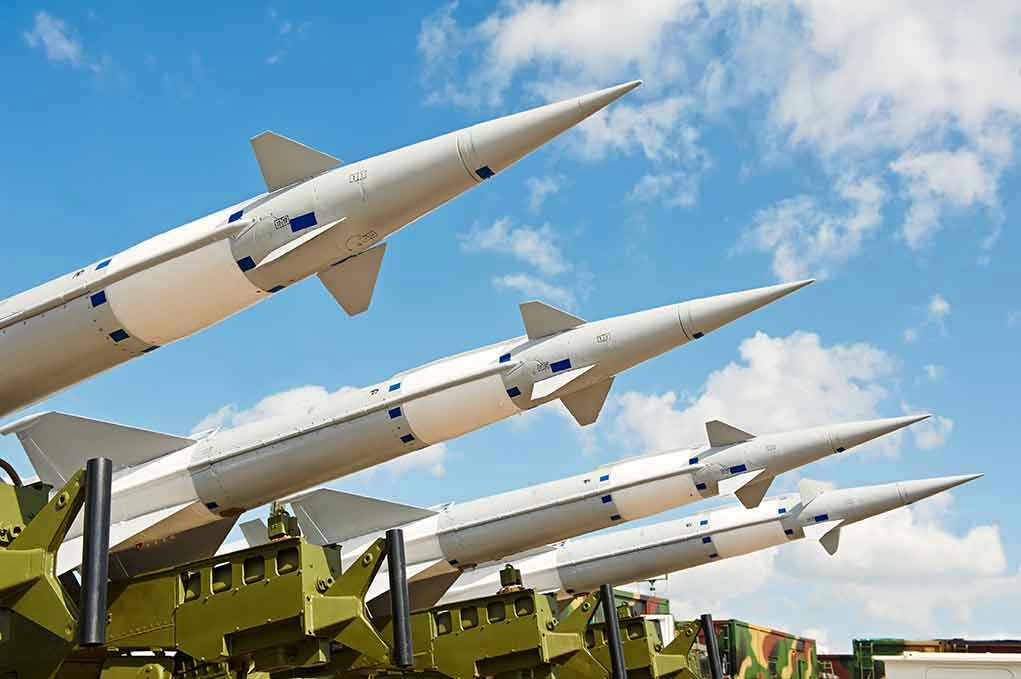
Germany wants U.S. guarantees before supplying Ukraine with crucial Patriot missile systems amid escalating tensions with Russia.
At a Glance
- Germany plans to send five Patriot systems to Ukraine.
- U.S. guarantees are required for Germany to proceed.
- Switzerland will delay its own Patriot deliveries to aid the transfer.
- Germany’s national defense readiness may be temporarily reduced.
Germany’s Bold Move Amidst Pressure
Germany is poised to send up to five Patriot missile systems to Ukraine, a decision driven by increased Russian missile attacks. However, this move hinges on the United States providing “watertight” guarantees to replace any transferred systems. With Germany’s stockpile already stretched thin, these guarantees are crucial for maintaining national and NATO defense capabilities.
The Swiss government has agreed to postpone its Patriot missile delivery from the U.S., allowing Germany to redirect systems to Ukraine. Switzerland’s decision underscores the urgency and collective European response to Russian aggression. The Patriots, expected to bolster Ukraine’s air defenses, come at a significant cost to Germany’s immediate military readiness.
International Coordination and Challenges
The intricate logistics of this transfer involve not only Germany and the U.S. but also NATO and the Ukraine Defense Contact Group. Defense Minister Boris Pistorius has been at the forefront, negotiating terms and ensuring that Germany’s and NATO’s air defenses are not compromised by this strategic decision.
Germany’s move reflects a broader commitment to European security, with the Norwegian government pledging financial support for an additional Patriot unit for Ukraine. This multinational collaboration is a testament to the solidarity against Russian aggression but also highlights the strain on European military resources.
Implications for NATO and Beyond
This maneuver could temporarily diminish Germany’s air defense capabilities, with only six Patriot batteries remaining in Germany after the transfer: three to Ukraine, two in Poland, and one for NATO operations. The urgency to replenish these stocks is palpable, pushing for accelerated procurement and production of air defense systems.
For Ukraine, the additional Patriots promise enhanced protection against Russian missile strikes, potentially reducing civilian casualties. However, the reliance on Western military aid accentuates the ongoing dependency and challenges in self-sustaining defense capabilities.
Economic and Political Repercussions
The economic impact is significant, with increased defense spending anticipated from Germany and Norway. This move may benefit U.S. defense contractors as demand for Patriot systems rises. Politically, it strengthens transatlantic ties but also fuels domestic debates in Germany over military readiness and resource allocation.
Public sentiment in Ukraine is likely to be positive, while reactions in Germany and Switzerland may be mixed due to the perceived trade-offs in national security. The broader European defense landscape could shift, accelerating joint procurement and production initiatives to address vulnerabilities exposed by the transfer.




